Seven cases of blood cancer have been identified in new trial data for bluebird bio’s gene therapy Skysona (elivaldogene autotemcel).
The findings from a study published in The New England Journal of Medicine on October 9 reveal that seven out of 67 patients under the age of 18 who participated in Phase II and Phase III trials for Skysona (ALD-102 and ALD-104) developed hematologic cancers.
The patients had received the autologous hematopoietic stem cell-based gene therapy as a treatment for early-stage cerebral adrenoleukodystrophy (CALD), a rare and fatal neurodegenerative disorder.
Among the cancer cases, six had developed myelodysplastic syndrome (MDS) and one acute myeloid leukemia (AML).
Cases of the blood cancers occurred between 14 months and approximately 7.5 years after receiving Skysona.
Five out of the six patients with MDS were treated with stem cell transplantation, which led to one death due to graft-versus-host disease. Four remain cancer-free without recurrence of CALD, while the most recently diagnosed individual is awaiting treatment. The patient who developed AML (at 57 months) received a stem cell transplant and is alive.
Related: FDA Issues Letters to CAR T-Cell Therapy Makers to Include Boxed Warning
“The well-being of patients with CALD treated with Skysona, or who are considering gene therapy following a diagnosis of CALD, is our top priority,” a bluebird bio spokesperson told Pharmaceutical Technology.
“We recognize that families of children diagnosed with CALD face urgent treatment decisions, and bluebird is committed to ensuring that treating physicians have access to the most up-to-date safety information to support informed decision-making,” the spokesperson said.
According to the authors of the NEJM paper and a US Food and Drug Administration (FDA) analysis during the therapy’s approval, the cases of hematologic cancers after treatment with Skysona are associated with the lentiviral vector used in the therapy to become integrated within proto-oncogenes. The clonal evolution and subsequent acquisition of somatic mutations in genes like KRAS, WT1 and CDKN2A have also been observed.
Skysona FDA Issues Letters to CAR T-Cell Therapy Makers to Include Boxed Warning and was approved in the European Union (EU) in 2021. It remains the first and only gene therapy for the treatment of CALD. At the time of its FDA approval, it became the most expensive drug at $3.5 million.
The cancer link for the gene therapy was already known at the time of its approval as its label included a boxed warning for hematologic malignancies, including “life-threatening cases” of MDS.
XTALKS WEBINAR: Challenges of Running Clinical Trials for Advanced Therapies and How to Overcome Them
Live and On-Demand: Monday, November 18, 2024, at 1pm EST (10am PST)
Register for this free webinar to learn strategies to manage the advanced therapy trials, including supply chain management, patient handling and trial coordination.
Prior to its approval, the FDA placed a clinical hold on Skysona’s development program in 2021 after a patient developed MDS following treatment. At the time of the approval, clinical trial investigators had reported a total of three MDS cases. Despite the MDS cases, in June 2022, an advisory committee unanimously voted in favor of the therapy, concluding that the benefits of Skysona outweighed the potential risks.
Although the NEJM publication does not present any new safety risks, it provides the most comprehensive and up-to-date assessment of the treatment’s safety data to date. It also provides further data and insights into the potential links between lentiviral-based gene therapies like Skysona and oncogenesis.
Cancer risks associated with cell and gene therapies are not new. The FDA began investigating cancer risks linked to CAR T-cell therapies in December 2023. A month later, the agency asked CAR T-cell makers to include a boxed warning on their medicines warning of the potential risk of T-cell malignancies that may occur after treatment with B-cell maturation antigen (BCMA)- and CD19-directed genetically modified autologous CAR T-cell immunotherapies.
Bluebird has been facing financial challenges for several years now. Last month, the company announced a restructuring plan, which included reducing its workforce by 25 percent. While the sale of priority review vouchers provided a quick influx of cash, the biotech stated in August that it expects to fund its operations only through the second quarter of 2025.
If you want your company to be featured on Xtalks.com, please email [email protected].

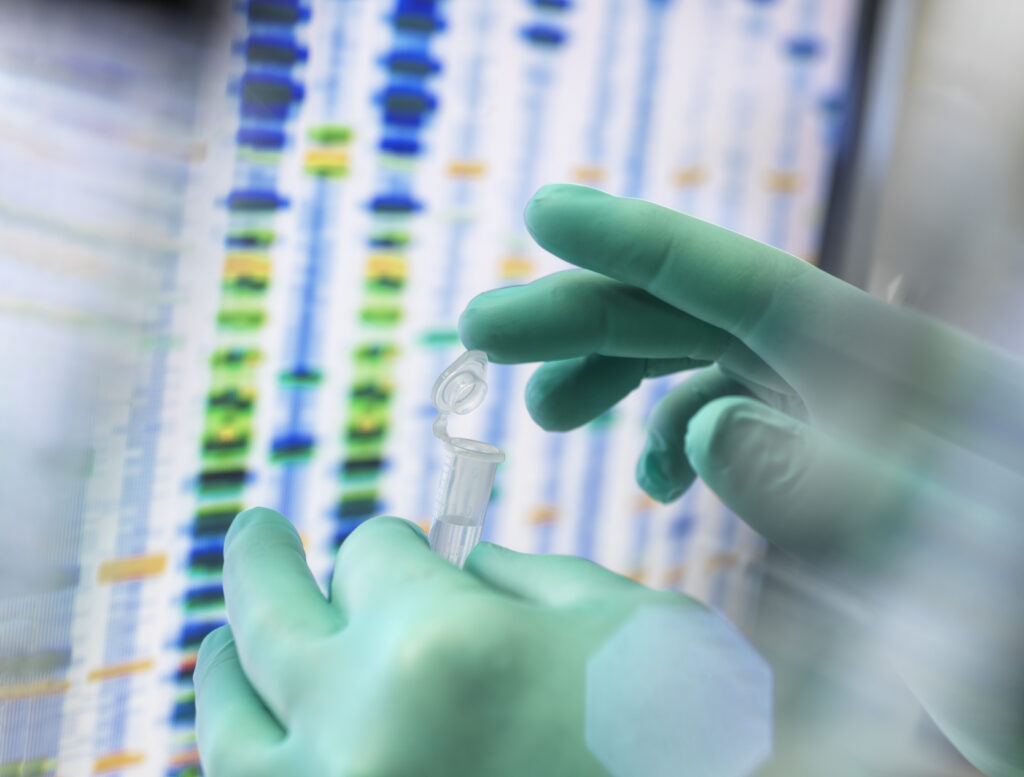
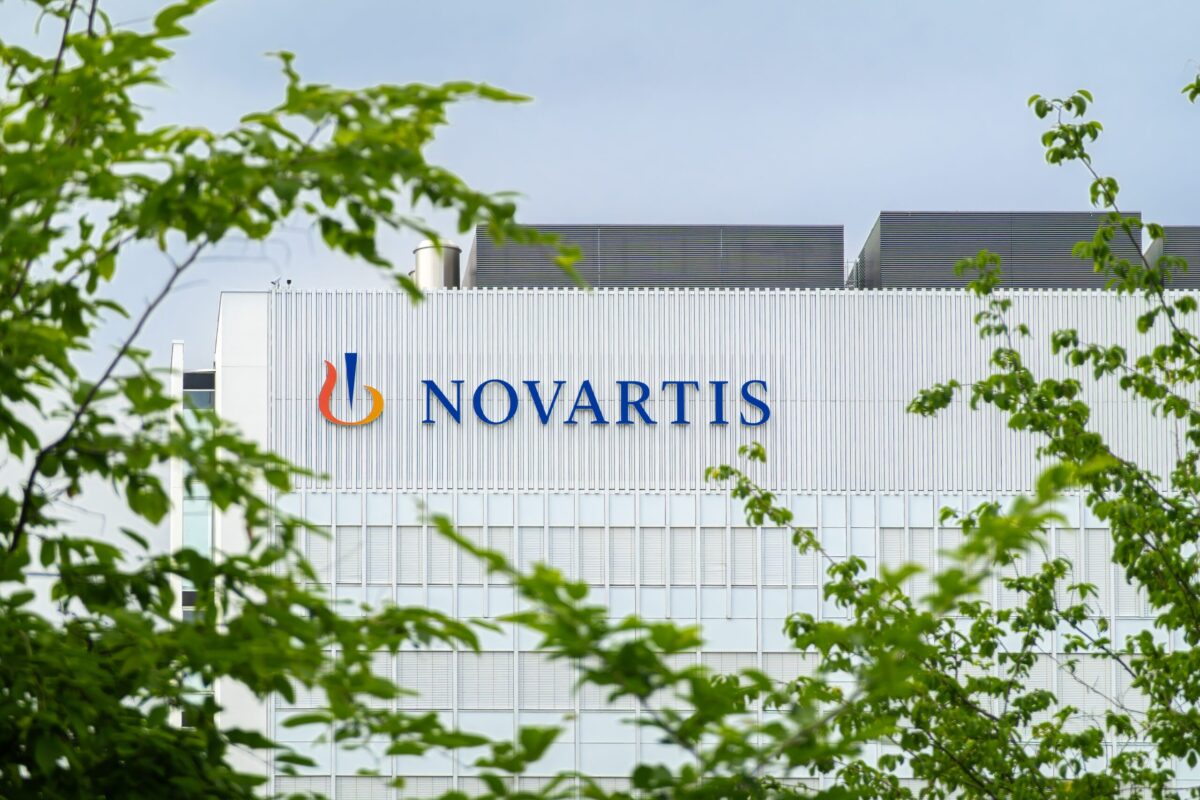
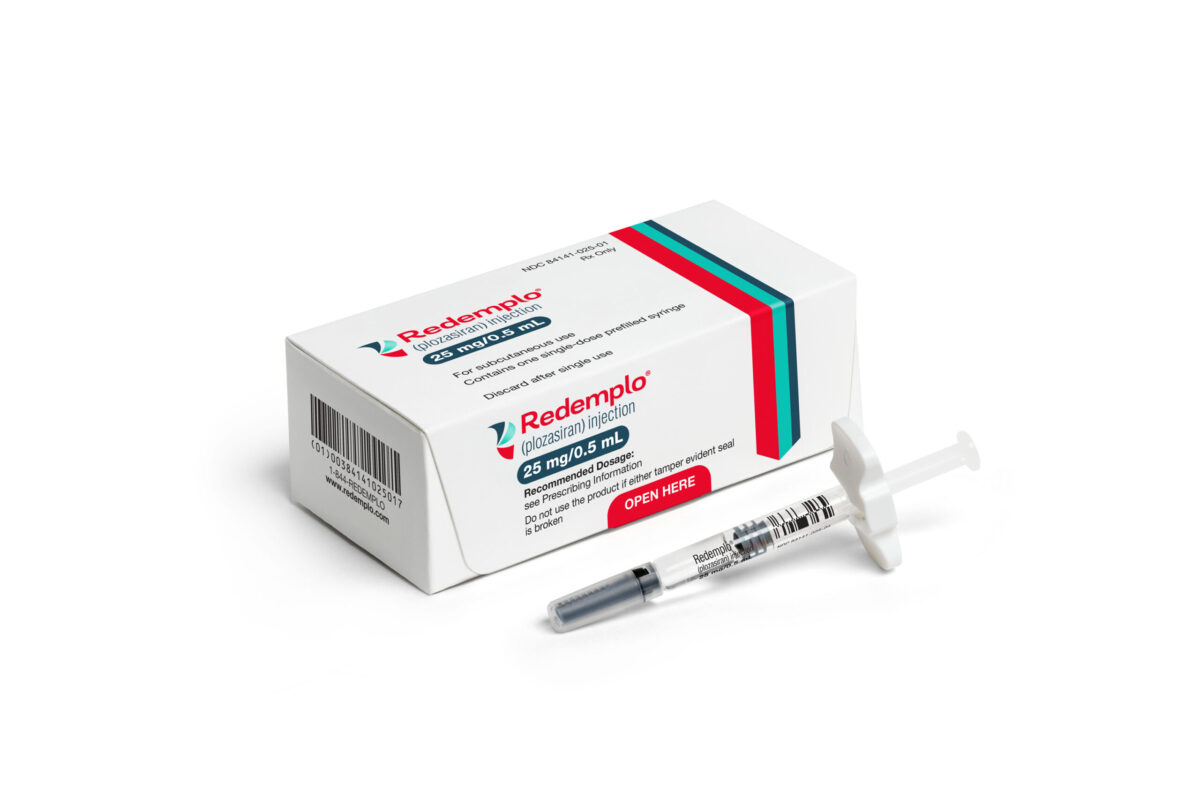
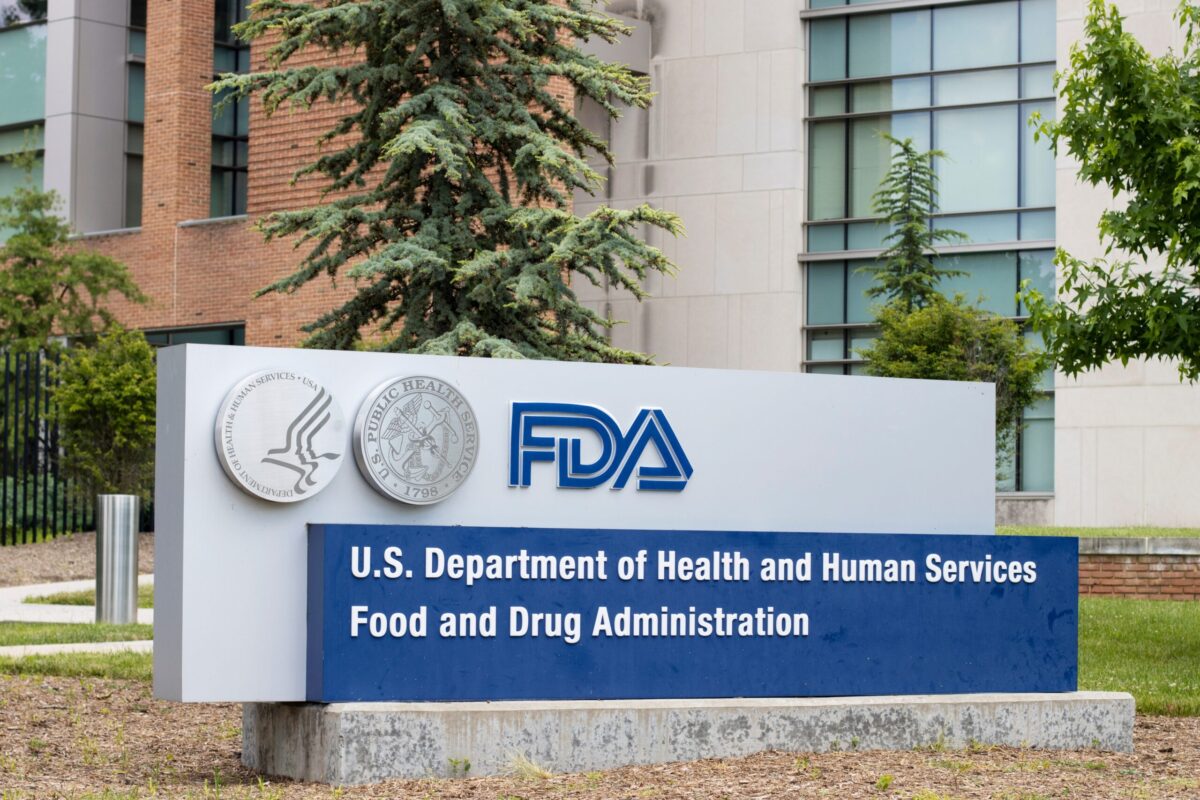

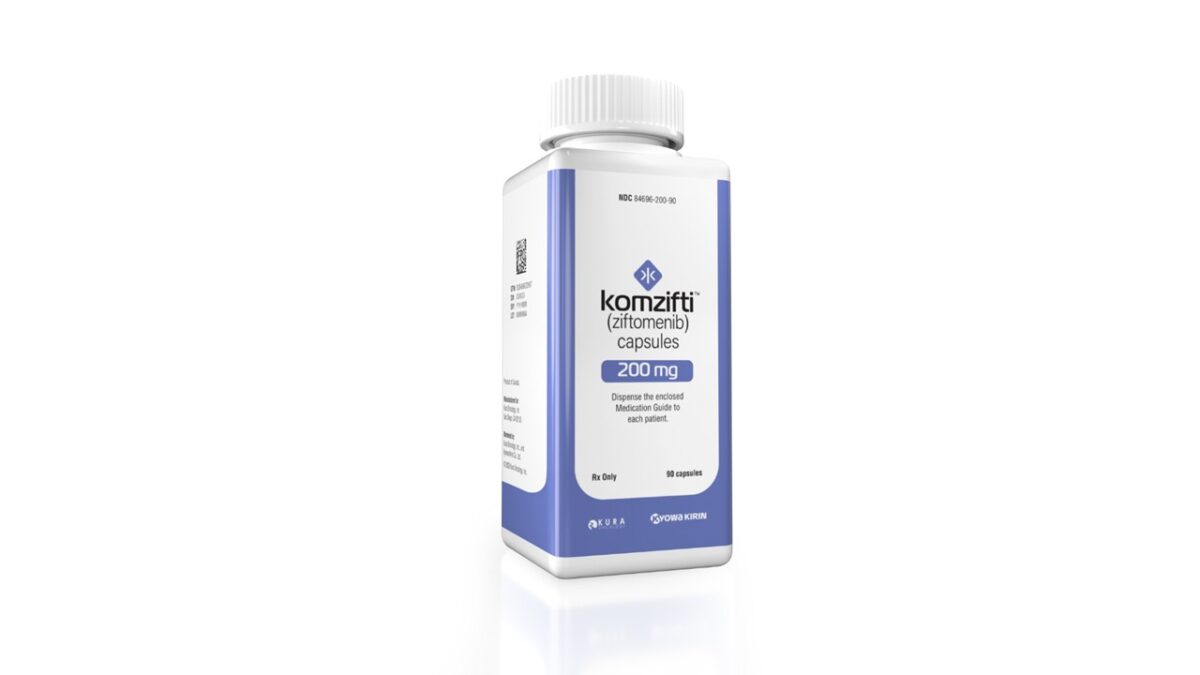





Join or login to leave a comment
JOIN LOGIN